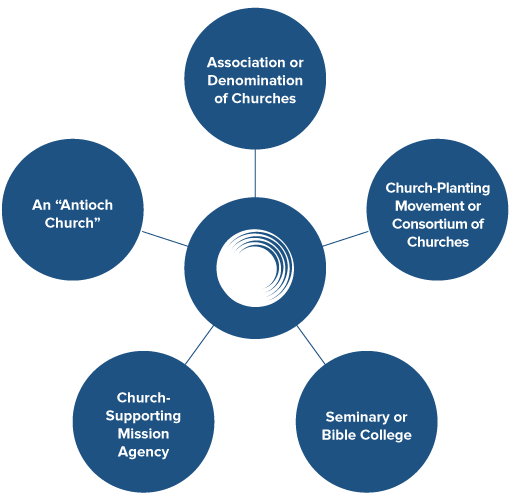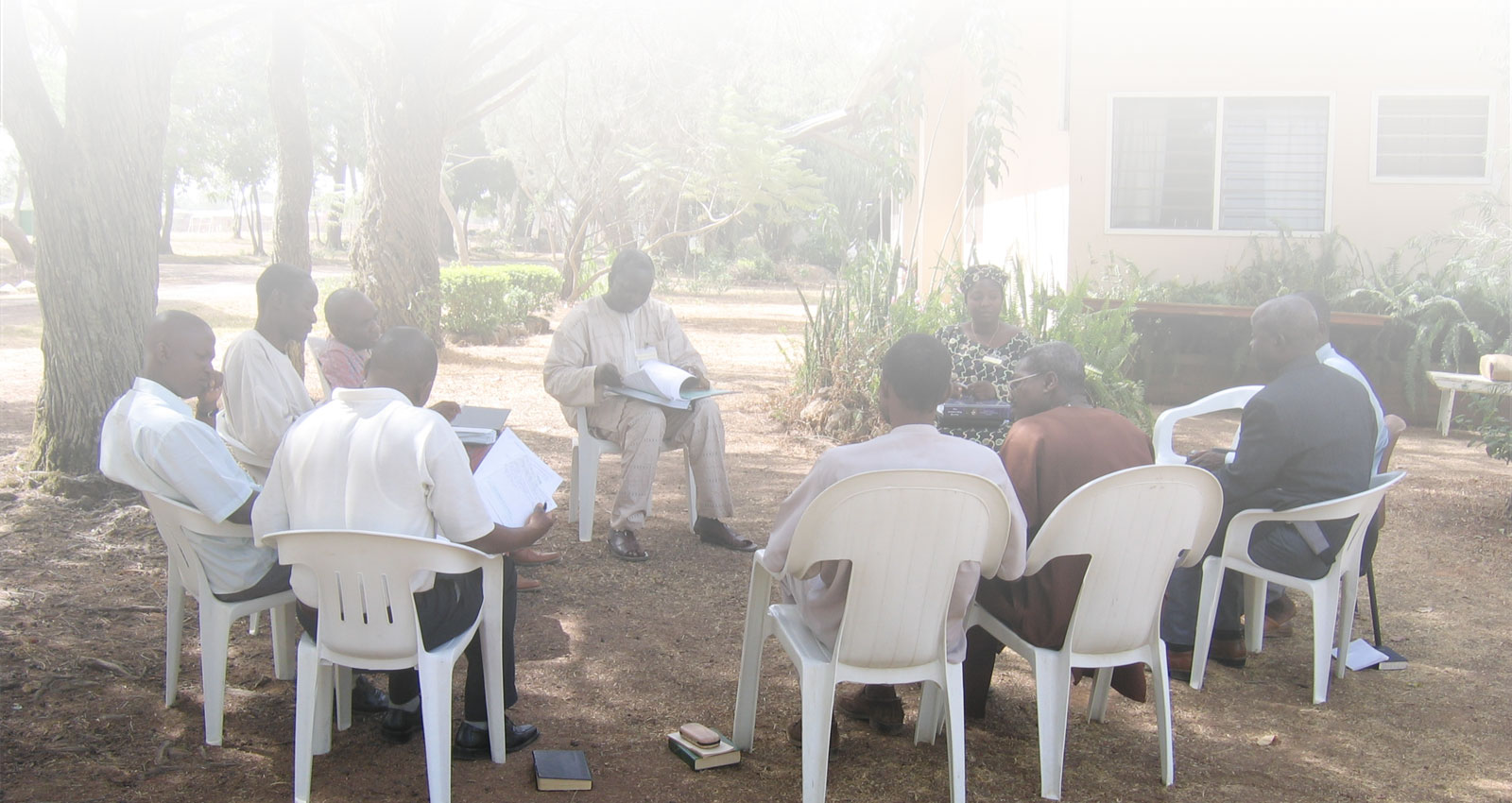We are a worldwide network of leaders who are passionate about following this way of Christ and His Apostles, focused on establishing our churches, our networks of churches, and helping others in the network—returning the Church to its New Testament roots.
Over the past 30 years, BILD has matured into a worldwide network comprised of:
These network components are linked together by BILD Associates–leaders who move in and amongst these churches, church networks, and church-planting movements for their establishment and the ongoing progress of the gospel in their villages, towns, cities, countries, and ultimately their civilizations.
We are continuing to develop a network of leaders and partnerships with church-planting movements in each of the following civilizations:
The BILD Network, curriculum, and resources are used across the world to plant, establish, and multiply churches.
The Global/Shadow Cities Strategy is focused on developing the next generation of church leaders who will plant, establish and shepherd the churches that will spontaneously multiply and transform the global cities of the world.
Shadow Cities:
Shadow Cities describes the slums and shantytowns that grow a squatters flock to the world’s urban centers seeking economic benefit. This mass migration often dwarfs or overshadows existing cities. The paradigm of community, property, church, and religion is being challenged.
Global Cities:
Today the road to global church expansion runs through major metropolitan cities. Global Cities hold great economic, political and cultural power. They dominate finance and trade and have become the New Roman Road. The Roman Road included approximately 30 major cities that were vital to the stability and expansion of the Roman Empire during its reign and influence. For Paul, it became the cornerstone for spontaneous, spirit-directed gospel growth in the first century A.D.

In general, there are five types of networks that partner with BILD International to build Type I–V leadership training programs.

